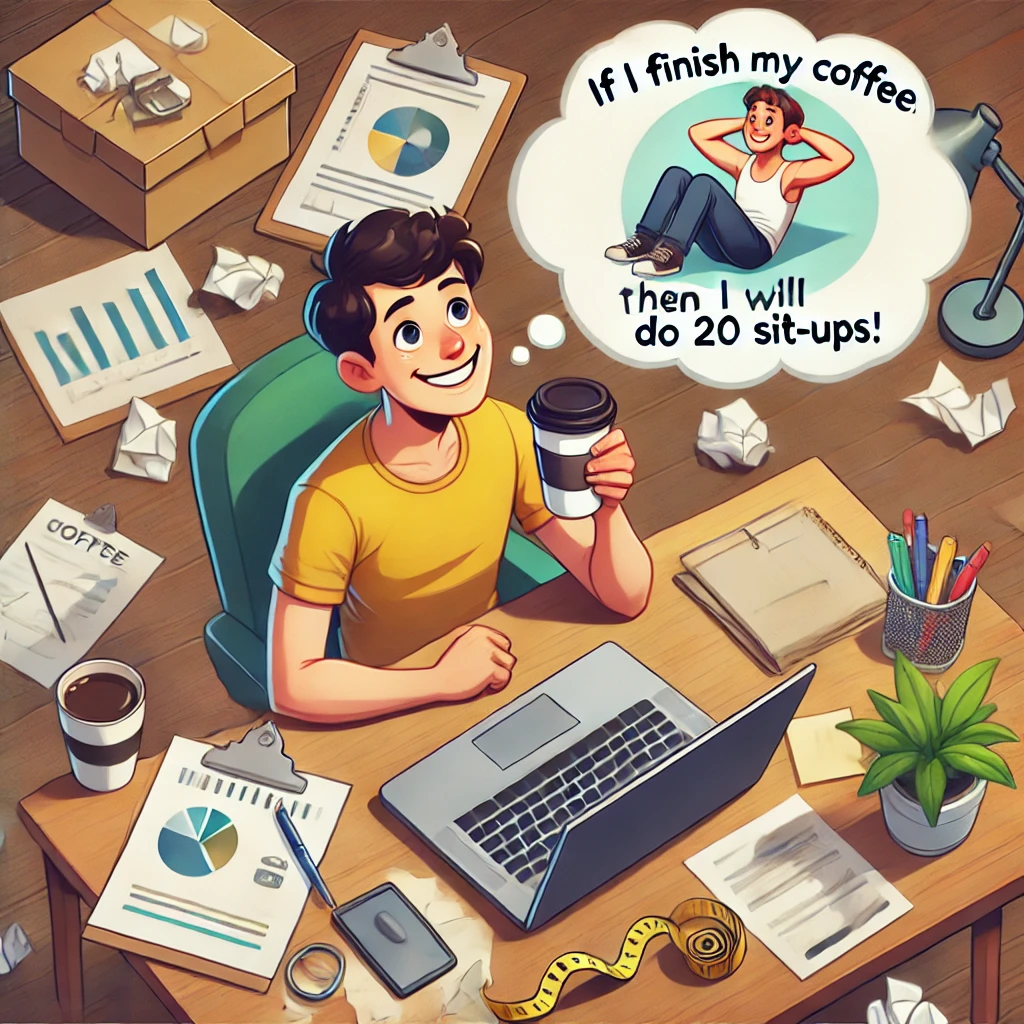However, the reality is that a significant majority of us fail to keep these promises to ourselves. Why? Research indicates that external factors, such as the pressures of work, daily responsibilities, and even fatigue, play a major role in our inability to stay committed to our goals. But there may be a simple way to boost our chances of success.
The Role of External Factors in Failing Resolutions
Work and fatigue are two of the most common reasons people abandon their resolutions. After a long, exhausting day at work, finding the energy to go for that run, prepare a healthy meal, or practice a new skill can feel overwhelming. Psychological research shows that after a full day of cognitive and emotional demands, our decision-making capacity weakens. This is known as "decision fatigue," and it explains why people tend to give in to temptations or avoid effortful tasks when they are tired.
The key takeaway is that relying solely on willpower to stick to resolutions is a flawed strategy. Willpower is a finite resource that gets depleted throughout the day, making it harder to stay motivated after long hours of work or stressful events.

The Power of "If-Then" Planning: A Simple Strategy to Boost Success
While it may seem like sticking to resolutions is an uphill battle, a powerful yet simple tool exists to help increase the likelihood of success—known as “if-then” planning.
An "if-then" plan works by linking a specific action (the "then" part) to a clear situational cue (the "if" part). This kind of planning increases the likelihood that the action will be carried out because it takes the pressure off willpower and places it onto a pre-established plan.
For example, instead of saying, "I want to exercise more," an individual might say, "If I finish my coffee, then I will do 20 sit-ups." Research supports the effectiveness of this method. In one study, people who employed this strategy saw their chances of following through on their intentions increase from 55% to 79%. In fact, some studies have even reported improvements of up to 50% in achieving their goals.
The reasoning behind this improvement is straightforward: the "if-then" plan creates a specific link between a trigger (finishing coffee) and a pre-planned action (doing sit-ups). This eliminates the need for spontaneous decision-making at the moment when one might feel unmotivated or distracted.
Specificity Matters: Why Vague Goals Are Less Effective
Another critical factor in the success of resolutions is specificity. General goals like "I want to lose weight" or "I want to be healthier" often fail because they lack a clear path for achievement. Without specific steps or milestones, these resolutions can feel overwhelming or unreachable.
For instance, a resolution to "lose 3 kilograms" without a clear plan of action is unlikely to succeed. It lacks structure and doesn’t provide any cues for taking action. However, if you break it down into a series of smaller, actionable steps—such as committing to doing a specific workout after each meal or preparing a healthy lunch every day—the likelihood of achieving the goal increases dramatically.
The same principle applies to non-health-related goals. For example, if your goal is to read more books, simply stating “I want to read 10 books this year” is less effective than creating a plan, such as “If it’s 8 p.m., then I will read for 30 minutes before bed.”
The Science Behind Planning and Goal Achievement
Research has shown that creating specific, actionable plans greatly enhances goal achievement. A study published in the journal Psychological Science highlights how implementation intentions (the technical term for "if-then" planning) work. The study found that people who formed specific if-then plans were far more likely to take action on their goals, especially in challenging situations, compared to those who simply intended to reach their goals without a clear plan.
Moreover, neuroscience offers further evidence of the effectiveness of this strategy. Forming a specific plan activates the brain’s prefrontal cortex, which is involved in planning and decision-making. When an individual encounters the situational cue (e.g., finishing coffee), the brain triggers the corresponding action (doing sit-ups), which is already embedded in their mental routine.

Conclusion: Making Resolutions Stick
If you're finding it hard to keep your resolutions, it's not just a matter of lacking willpower. External factors like work, stress, and fatigue can sap your energy and undermine your best intentions. But by employing "if-then" planning and breaking your goals into smaller, actionable steps, you can significantly increase your chances of success.
Instead of relying on vague aspirations or sheer willpower, anchor your resolutions in specific actions tied to clear situational cues. As research suggests, this can increase your chances of sticking to your resolutions, helping you achieve even the most challenging goals.